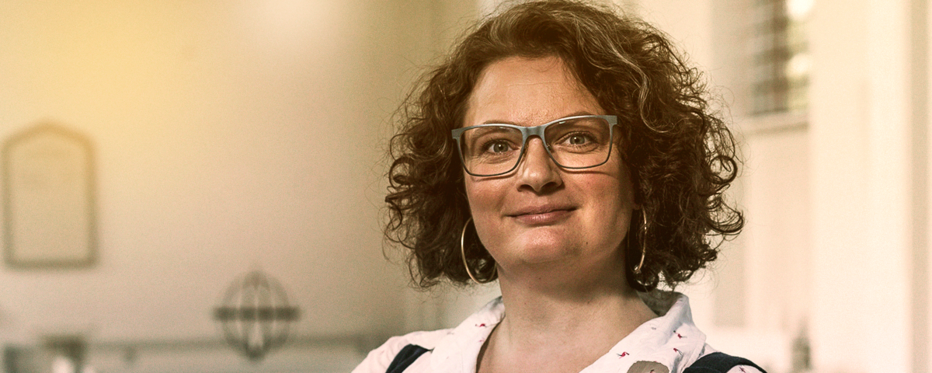What does the sacristan do?
In most churches, the sacristan (in Danish: kordegn) has a combination of administrative tasks in the church office and practical tasks during the church service. In the office, it is the sacristan who registers births and deaths (see below) and who is responsible for the bookkeeping of the congregation as well as, in some cases, PR. During the service, the sacristan may pray, lead the hymn singing, help the pastor administer the Eucharist and give announcements. The role played by the sacristan on Sundays varies from congregation to congregation, especially between village churches and city churches. In a city church, a number of volunteers and a church choir sometimes replace the sacristan on Sunday.
The national register
The Danish state has given the Evangelical Lutheran Church the responsibility for maintaining the records of when life begins and when it ends. The established church must register everyone who lives in Denmark, whether they are members of the church or not.
Births and names
When a child is born in hospital, in the presence of a midwife, the midwife will inform the church office of the birth. In any other case, e.g. in the case of home birth, it is the parents' responsibility to fill in the required form and send it to the church office. It is possible to download the form or to fill it in online if you have a digital signature.
A child's name must be registered no later than six months after the birth. This can be done online or by filling in a form and sending it to the parish where the parents live. Another option is to give the child its name at baptism, either in the Evangelical Lutheran Church or in another recognised religious community. Special rules apply to South Jutland where birth and name registration is done by the town hall.



